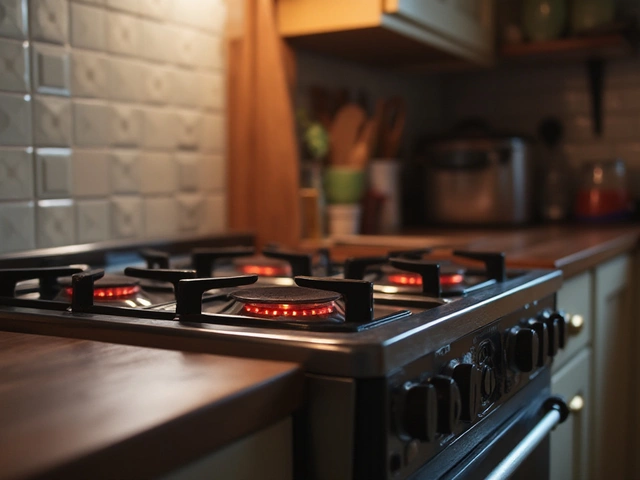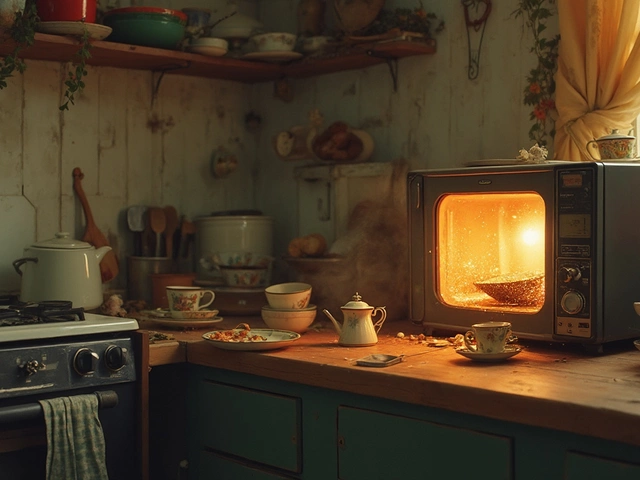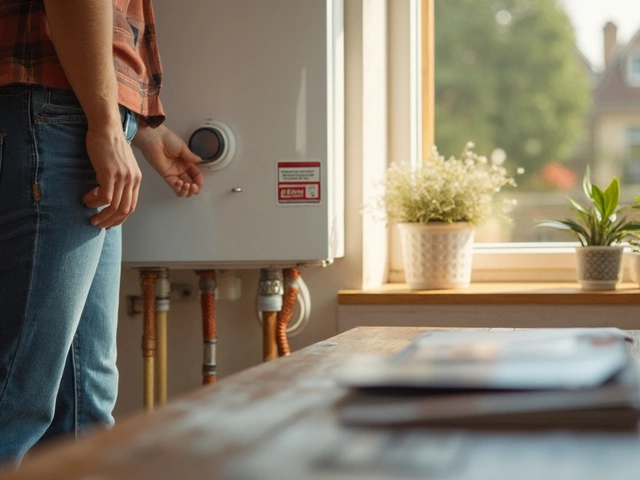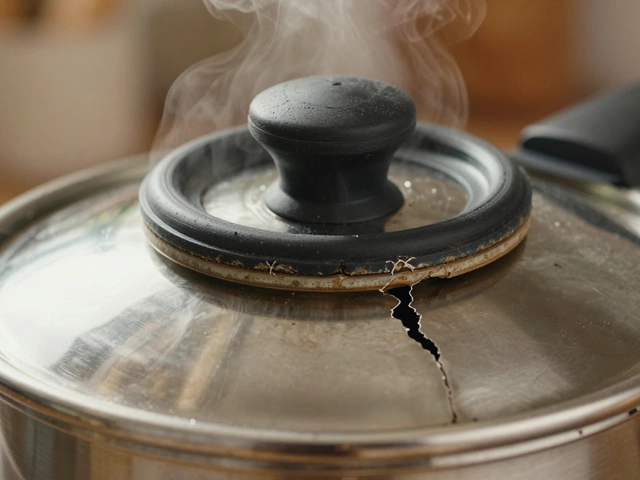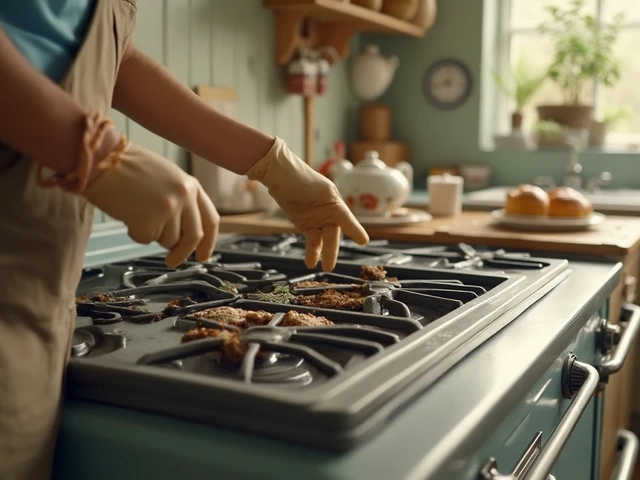How to Identify a Malfunctioning Electric Stove Element
December 5 2024Maintenance Tips for Gas Appliances in Bedford – Keep Your Home Safe & Efficient
Every homeowner knows a broken boiler or a sputtering oven can ruin a day. The good news? Most problems are avoidable with simple, regular maintenance. Below you’ll find easy steps you can do yourself and clear signs that it’s time to call a certified gas engineer.
Why Regular Maintenance Matters
Gas appliances work hard to keep your house warm, your food cooked and your water hot. Over time dust, sediment and wear reduce efficiency. A boiler that’s not serviced can waste fuel, raise bills and, in the worst case, become unsafe. The same goes for water heaters, ovens and even bathroom extractor fans – neglect leads to strange noises, leaks and reduced performance.
In Bedford’s climate, a well‑tuned system means you stay warm in winter without coughing up extra cash. Plus, a serviced appliance lasts longer, so you get more value from the money you spent.
Quick DIY Checks You Can Do
Boiler: Once a year, turn off the power, let the system cool, and wipe the outside of the heat exchanger with a damp cloth. Look for rust or white crust – that’s limescale building up. If the pressure gauge sits outside the green zone (1.0‑1.5 bar), you may need to bleed the radiators or top up the system.
Water Heater: Flush the tank every 12 months. Connect a garden hose to the drain valve, open the valve, and let cold water run until it’s clear. This clears sediment that can cause overheating and noisy rumbling.
Oven & Rangehood: Remove the oven’s baking tray and clean the bottom with a mild detergent. For the rangehood, take out the filters, soak them in hot soapy water, and scrub away grease. A clean fan keeps kitchen air fresh and stops the motor from straining.
Extractor Fans: Every 6 months, turn the fan off, remove the cover and vacuum out dust. Check the motor for wobble – a loose motor often means it will fail soon.
If any of these tasks sound risky, or if you spot cracks, leaking gas smells or strange noises, stop and call a professional. Gas work is regulated for a reason – it’s better to be safe than sorry.
When you schedule a service, a qualified engineer will inspect the burner, test safety devices, and clean internal components you can’t reach. They’ll also calibrate the thermostat and check the ventilation, which keeps carbon monoxide out of your home.
Keeping a simple log of service dates, pressure readings and any odd behaviours helps the engineer spot trends and fixes problems before they snowball.
Bottom line: a few minutes of cleaning and a once‑a‑year professional check can save you hundreds on energy bills and expensive repairs. So set a reminder, grab a cloth, and give your gas appliances the care they deserve.
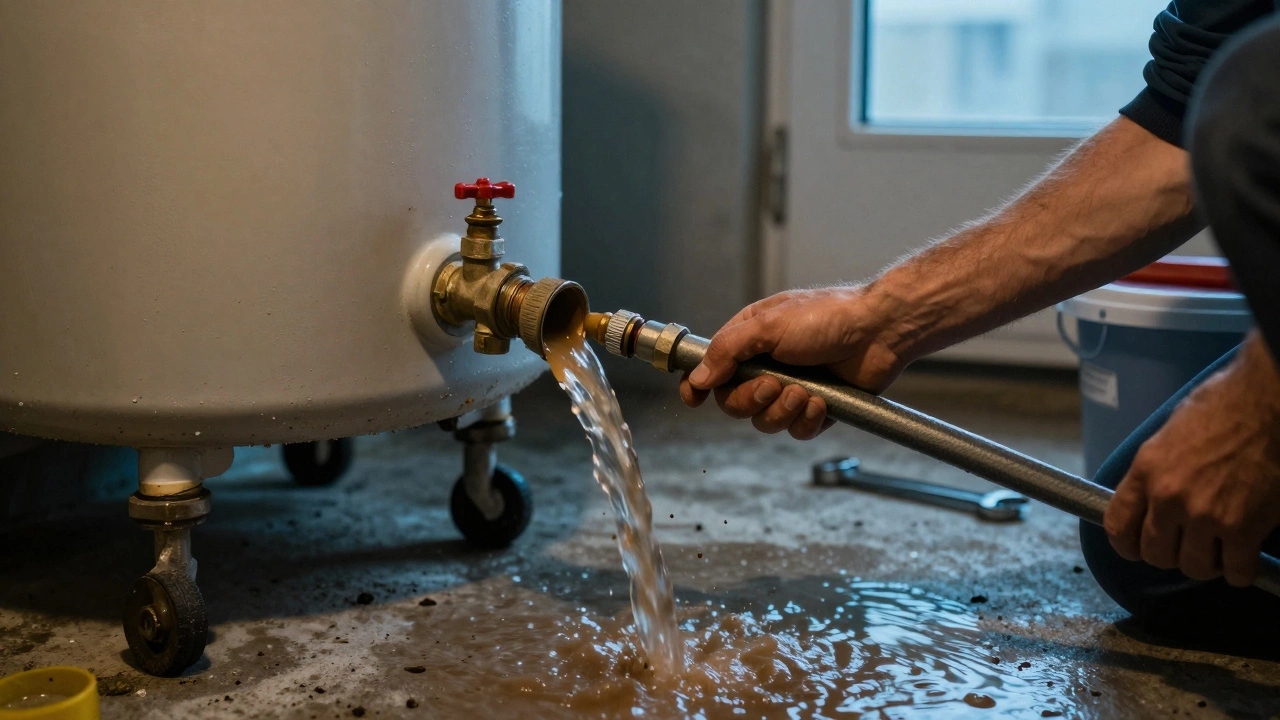 5 Feb
5 Feb
Common Water Heater Failures and How to Fix Them
Discover the most frequent water heater issues, from sediment buildup to thermostat failures. Learn simple checks and fixes to keep your hot water flowing and avoid costly repairs.
Read More... 18 Jun
18 Jun
Kitchen Extractor Fan Repair: Why Do They Suddenly Stop Working?
Kitchen extractor fans are lifesavers for battling smoke, steam, and food smells, but they're not indestructible. This article digs into the real reasons your kitchen extractor fan might stop working—from electrical mishaps to greasy build-up and worn-out parts. You'll learn how to spot common issues, how to prevent them, and whether it's time to call in the pros. Find practical tips and facts that make fixing or maintaining your fan less of a headache. Get your kitchen back to fresh in no time.
Read More...